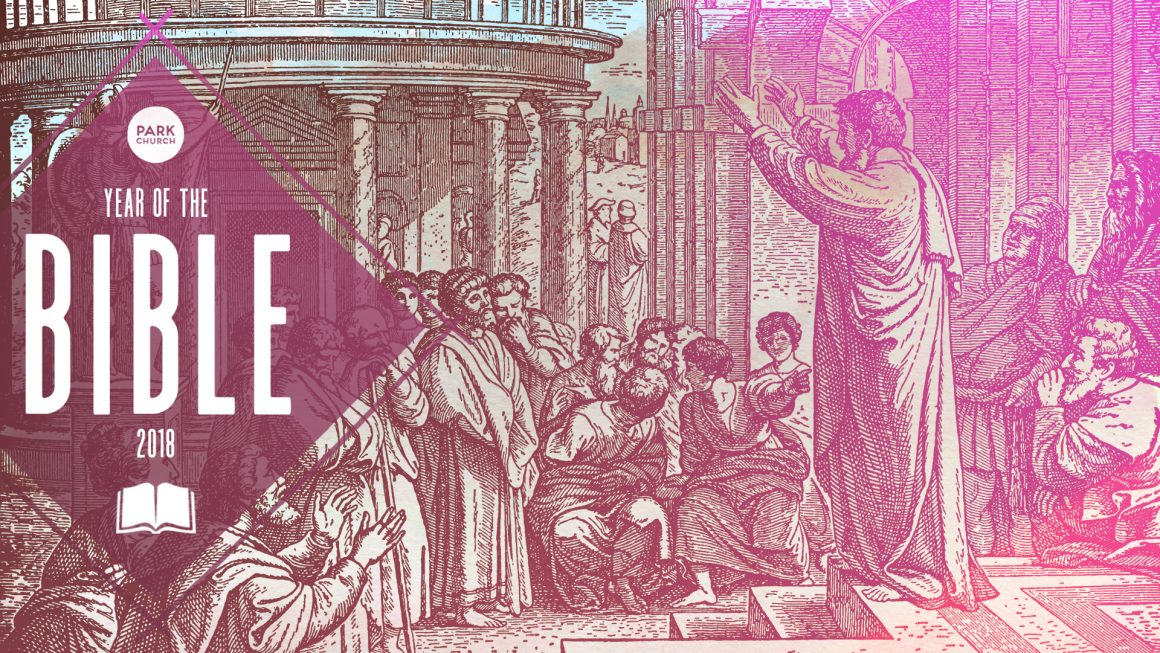If you have read through Paul’s letters with any regularity you have probably noticed a pattern to his writing. Typically he opens his letters with a salutation followed by a note of praise which gives way to a theological exposition. The final portion is relegated to practical instruction with the tone being, “In light of all this, live so as to honor our Lord and Savior.” In a nutshell, this represents the composition of Paul’s letter to the Roman church. If you have been reading along in our YOTB schedule at Park you may have been confronted with the thick theology depicted in Romans 1-11. Not to be dismayed, scholars labor in the continuous discussion that marvels over the theology of Paul’s great treatise to the Roman church. Situationally Paul was writing to a group of believers he had not met but hoped to visit.
It seems one of his major concerns in writing his letter was to make sure the recipients understood the theological foundation of the Good News.
Sadly, Paul did not write a systematic theology, rather he marveled at the revelation of Jesus the Christ (Messiah) from his own reflection on the Hebrew Scripture (the Old Testament) and his encounter with the risen Lord (Acts 9:3-6). I say “sadly” because many hope to develop a systematized expression of Paul’s theology through his writings only to find that he resists the confines of being systematized. By “systematized” I mean aligning Paul’s statements under categories like hamartiology (sin), soteriology (salvation) and further subcategories of “justification” and “sanctification”. Historically these terms have been used to describe the magnificence of Paul’s proclamation and while there is merit to this discussion I am sure this approach has caused many eyes and ears to glaze over.
Perhaps there is another way to read Paul.
Rather than trying to outline his theology in a systematic grid why don’t we just listen to his enthusiastic (“enthusiastic” seems somewhat dull, how about “ecstatic”) expression of the Good News of Jesus Christ! To that end I would like to point out a cognitive element that seems to control Paul’s exhilaration. You may remember that he began his treatise by first recognizing God as the Creator (Rom. 1:20). This is fundamental to our faith. He is God and there is no other. Consequently, in his conclusion Paul emphasizes this theological truth with a concise statement that encapsulates the bedrock of his faith teaching;
Oh, the depths of the riches both of the wisdom and knowledge of God! How unsearchable are his judgements and unfathomable his ways! For who has known the mind of the Lord, or who became his counselor? Or who has first given to him that it might be paid back to him again? For from him and through him and to him are all things. To him be the glory forever. Amen! (Rom.11:33-36).
There is definitely some really deep theological content in Paul’s letter to the Romans which makes it easy for us to get entangled in the details only to overlook the underpinnings of Paul’s faith. It seems he begins and ends his theological instruction by emphasizing God’s sovereignty. Have you considered that today?



